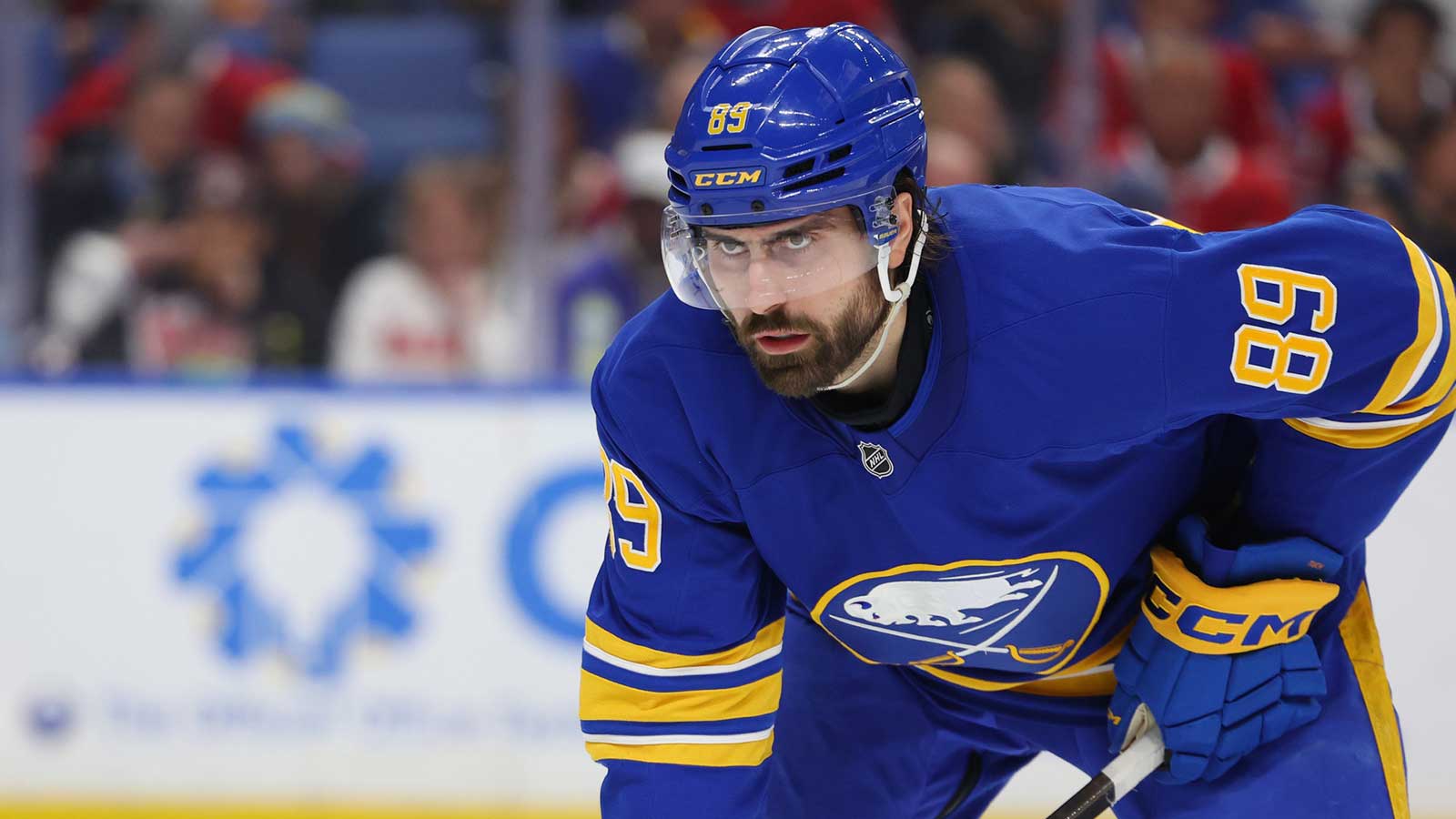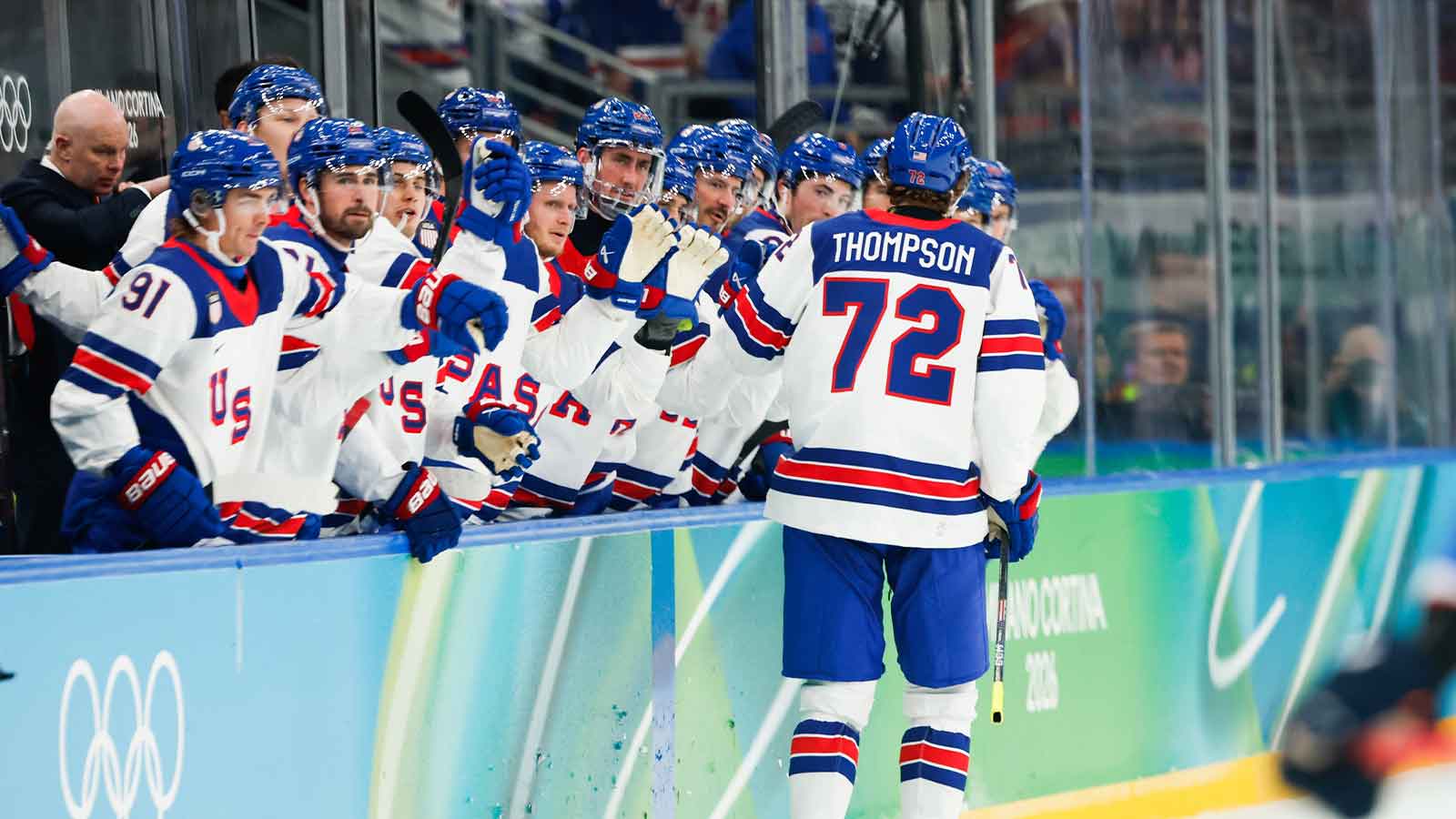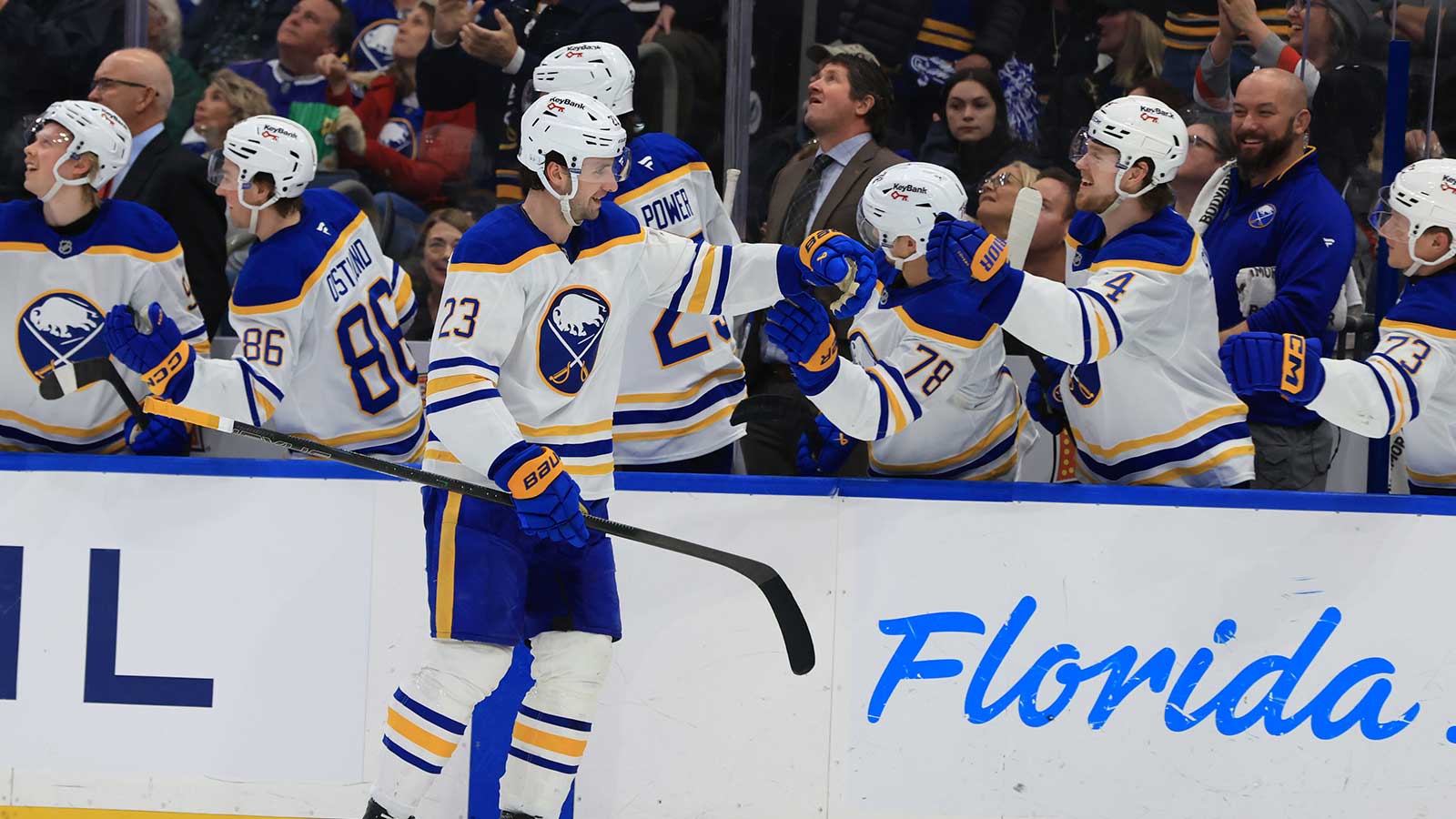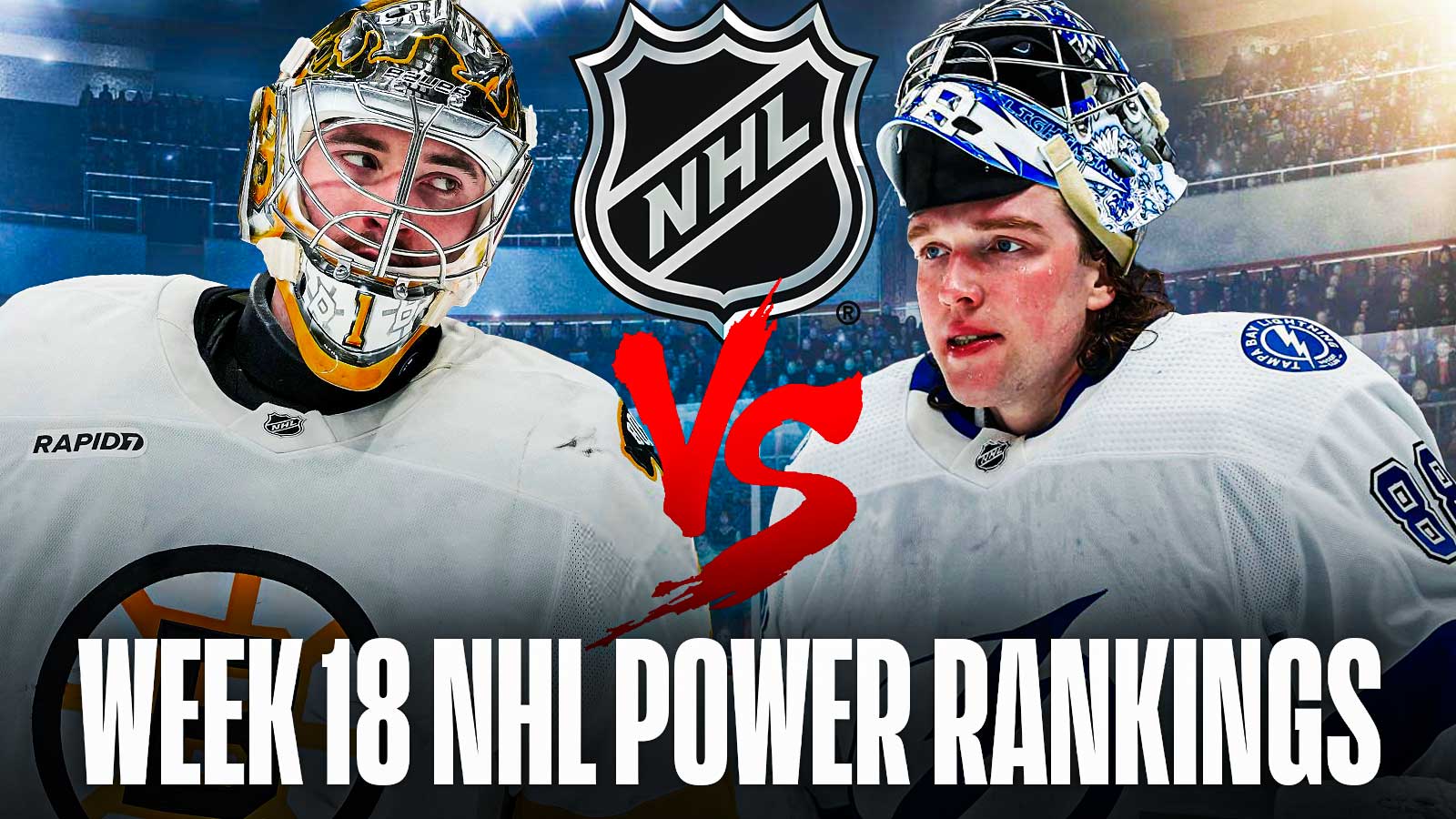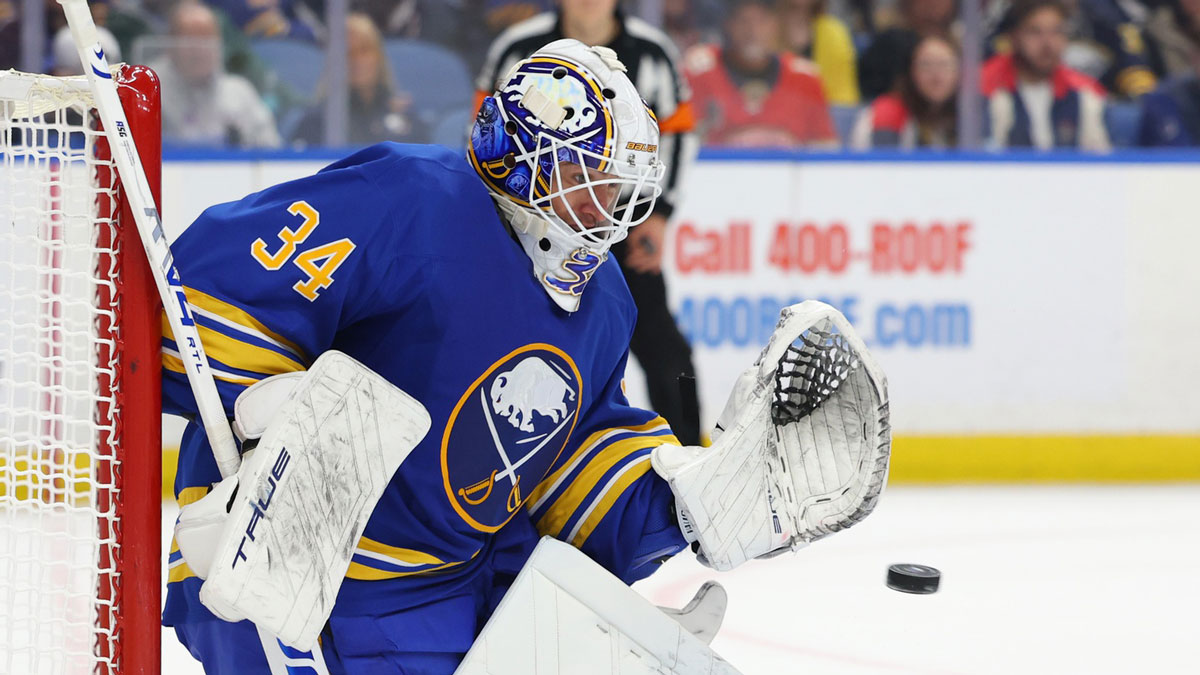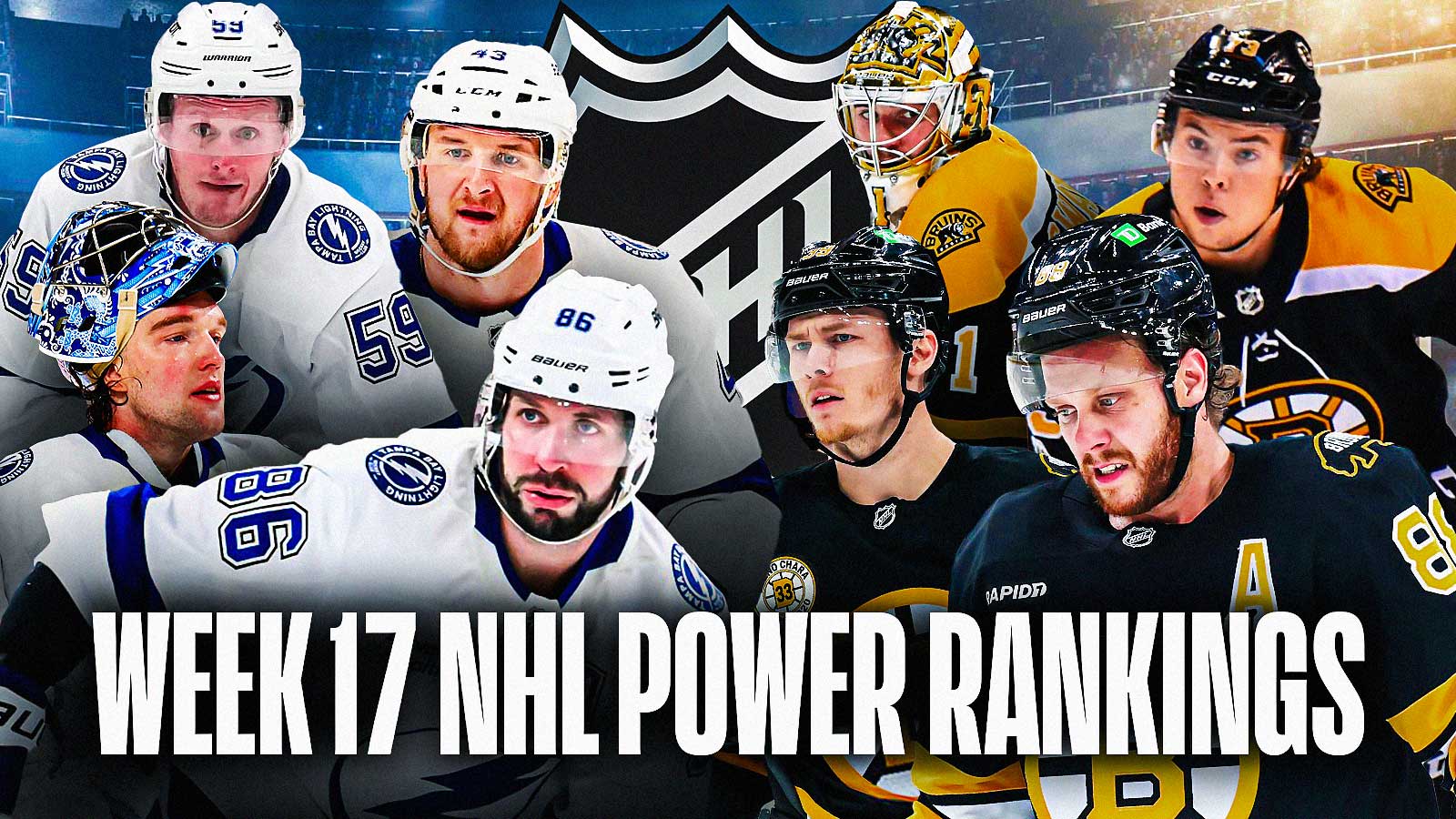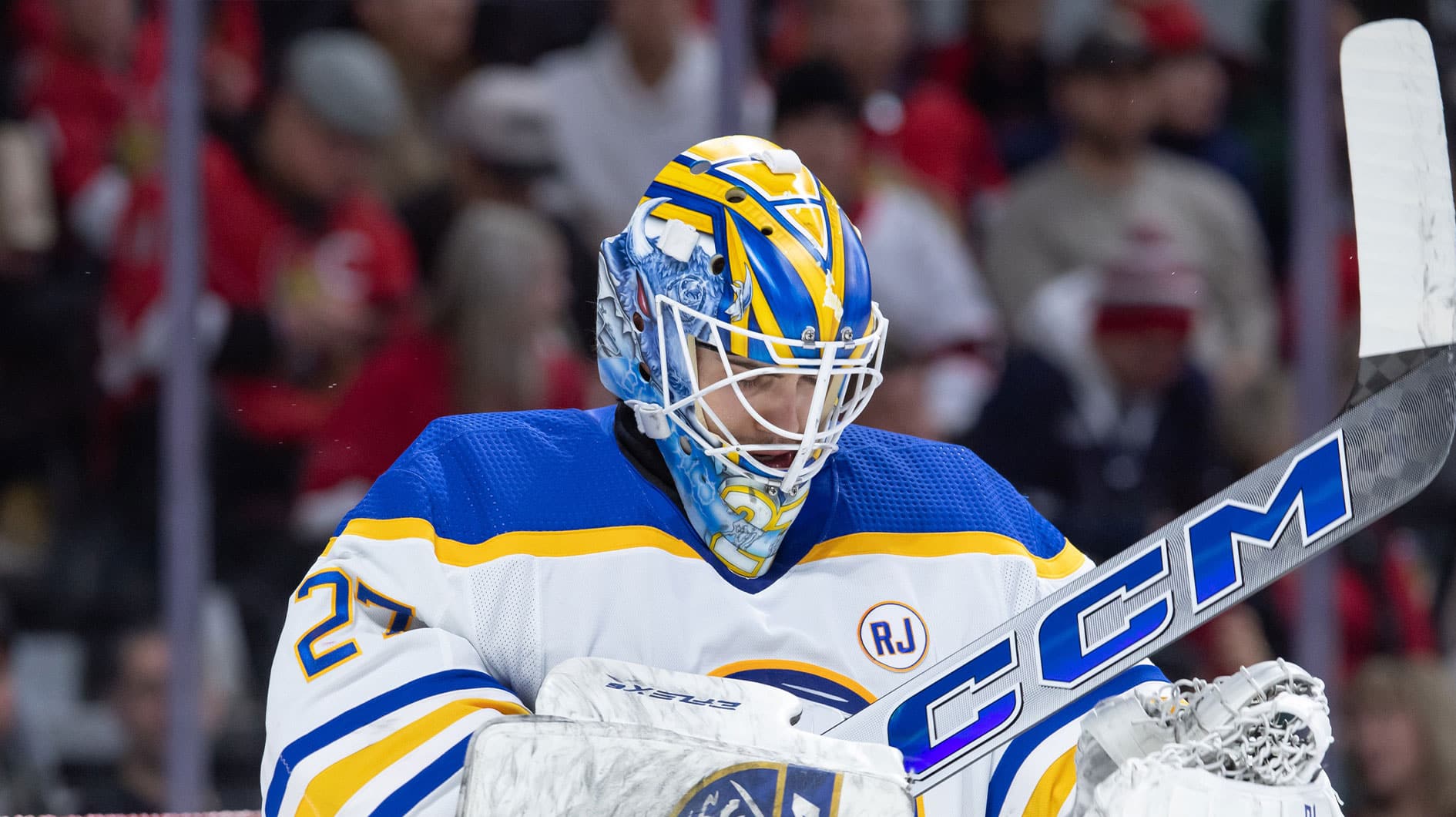The Buffalo Sabres signed defenseman Conor Timmins to a two-year contract on Sunday, which carries a $2.2 million cap hit.
Timmins was acquired from the Pittsburgh Penguins in June, as part of a trade that sent Connor Clifton the other way. The defenseman posted 15 points in 68 games split between the Penguins and Toronto Maple Leafs last season, while averaging just under 17 minutes per game. Timmins had filed for arbitration and had a hearing scheduled for August 2.
Timmins adds some defensive depth for Sabres
With the trade to Buffalo, Timmins will be suiting up for his fifth NHL team. The defenseman is turning 27 years old in September and has played 159 NHL games across his career.
The addition of Timmins marks one of the few notable changes to the Sabres' defense group for the coming year. Returning are Rasmus Dahlin, Owen Power, and Mattias Samuelsson, who are under long-term contracts, along with Bowen Byram, who recently inked a two-year extension.
However, the team did add Michael Kesselring from the Utah Mammoth as part of the J.J. Peterka trade. Meanwhile, the team also signed Zac Jones on a one-year contract. With the additions of Kesselring and Timmins in particular, the hope is that the right side of Buffalo's defense group will look a little more well-rounded.
Timmins is coming off the best season of his career, to this point. His 68 games marked by far the most of his NHL tenure, with his previous career-high being set in the shortened 2021 season, where he played just 31 games. He also posted fairly strong results, especially in his limited stint in Pittsburgh. Over 17 games with the Penguins, the defenseman managed seven points and a plus-nine rating.
That said, Timmins still shouldn't be expected to take on too large of a role within the Sabres' defense group. He could have a more positive impact than Connor Clifton, but is likely to be used in a bottom-pairing role.

A two-year deal is reasonable
With a two-year contract, the deal comes with limited risk. Timmins doesn't have a large sample size of being an everyday NHL defender, so it remains to be seen whether he ends up being a notable upgrade.
At the same time, there isn't really any reason for concern with the deal. If Timmins doesn't end up working out, the Sabres will only be on the hook until 2027. The contract gives the team time to take another look at their defense group at that point, and either lock in Timmins as a longer-term piece or seek a bigger upgrade.
On the other hand, it leaves the opportunity for Timmins' value to rise over the course of his contract. If he had signed a one-year contract instead, the deal would've walked Timmins right to unrestricted free agency next summer.
Considering Timmins is only likely to take a depth role with Buffalo, a two-year contract makes sense.
Timmins' cap hit comes in higher than expected
While a two-year deal is reasonable, Timmins' cap hit does come in a bit higher than expected. A $2.2M cap hit doesn't seem unreasonable for a bottom-pairing defender, but it's important to factor in the circumstances. Though his results last season were good, Timmins is now in his mid-20s and has a very minimal sample size of playing a high volume of games.
Based on comparables with similar age and statistics, a two-year deal for Timmins should come in at a $1.4M cap hit, per HockeyComparables.com. So the $2.2M does come in higher than it possibly should have.
At the same time, the Sabres benefit from cap flexibility. They didn't spend big this offseason and still have over $5 million in cap space, per PuckPedia.com. So even though Timmins' cap hit comes in a bit higher than expected, it's unlikely to have any negative impact. The salary cap is expected to rise again next year as well, so Timmins' cap hit is still low enough that it shouldn't prevent any future moves.
Timmins' contract is a low-risk move for the Sabres
Overall, the deal looks alright for Buffalo. Timmins doesn't have a ton of experience playing in NHL games, but could be an upgrade over Connor Clifton. He's shown some upside over his career; it's just a matter of maintaining strong results over a larger sample size.
Timmins' cap hit does come in higher than expected. At the same time, a $2.2M cap hit is still low enough that it doesn't have much of an impact on the team's salary cap situation.
The two-year term also limits any risk for the Sabres. If Timmins doesn't have the desired impact on the team's right side, it's a short-term commitment. At the same time, it's long enough that he could increase his value, as opposed to a one-year deal, which would have walked him right to unrestricted free agency. If Timmins can be a consistent member of the lineup and solidify himself as a reliable depth defender, he could also be due for a bigger deal in 2027.
While the Sabres overpaid a bit in terms of cap hit, it's still a fine deal at a pretty low number to lock up a defender who could improve the team's blue line.
Timmins' Grade: A-
Sabres' Grade: B-










